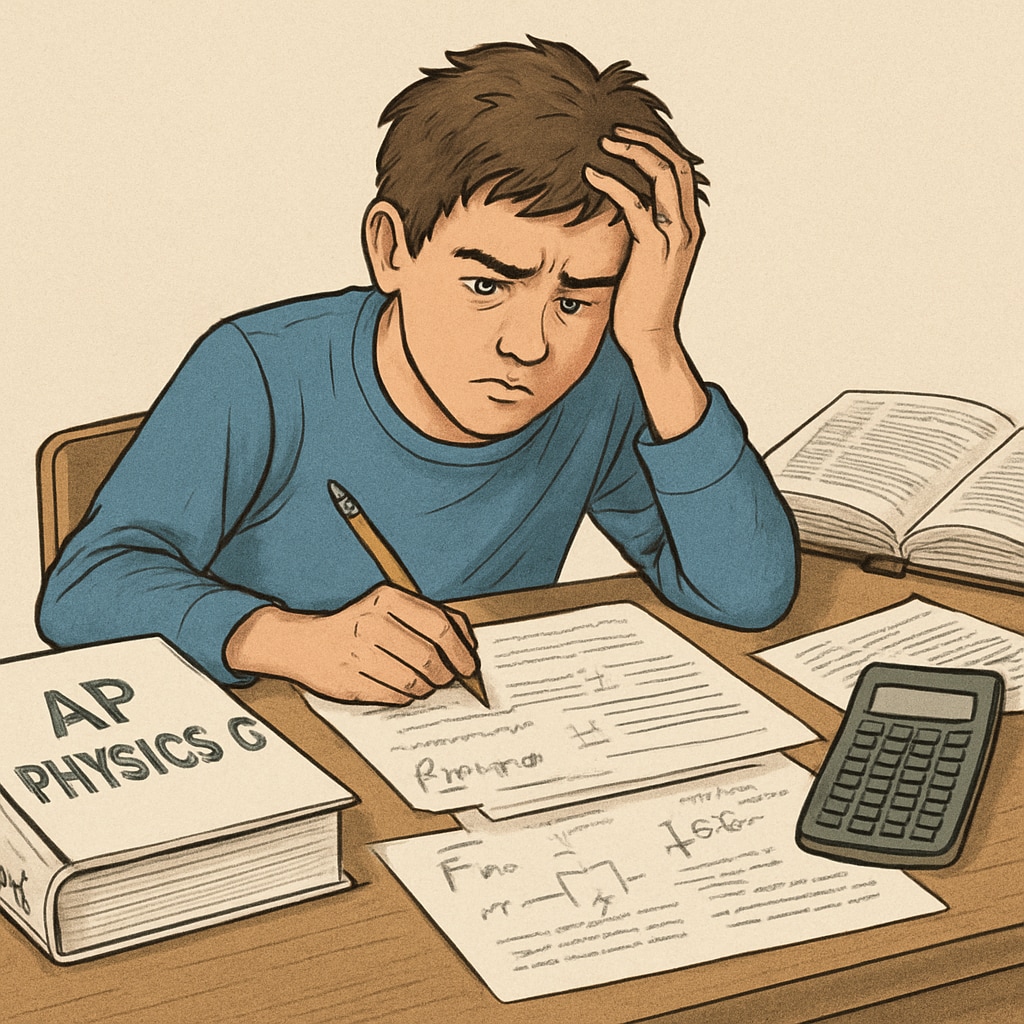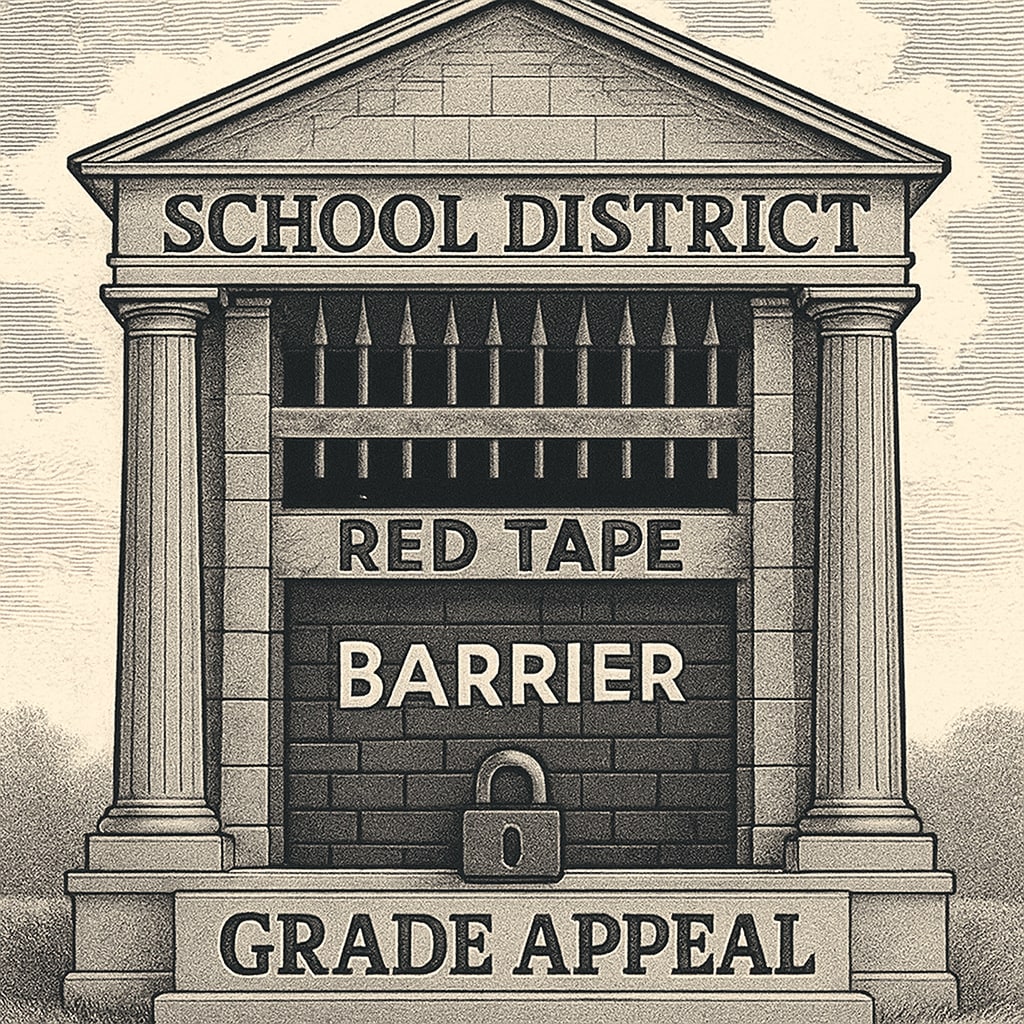Imagine working tirelessly in an advanced placement (AP) course, only to have your grade jeopardized by a teacher’s professional mistake. This is precisely what happened to a high school student enrolled in AP Physics C. Despite the student’s legitimate concerns about a grading error, their appeal faced relentless bureaucratic obstacles from both the school and the district. This ordeal not only sheds light on systemic flaws in educational accountability but also raises pressing questions about fairness and transparency in the K-12 system.
The Initial Conflict: Teacher Error in AP Physics C
The issue began during the final grading period of an AP Physics C course. The student, a diligent and high-achieving individual, noticed discrepancies in the grading process. Specifically, the teacher had miscalculated scores for a key assessment, which significantly impacted the student’s overall grade. Upon verifying the mistake, the student approached the teacher, who acknowledged the error but failed to take immediate corrective action.
At this stage, the student followed the school’s formal appeal process, submitting a written request for grade reevaluation. To strengthen their case, they included evidence of the grading mistake, backed by input from other students and even a subject matter expert who reviewed the calculations. Despite this, the appeal was dismissed by school administrators, who cited procedural technicalities. This marked the beginning of a frustrating and protracted journey for the student.

Systemic Barriers: Bureaucracy Over Fairness
After the school’s initial rejection, the student escalated their appeal to the district level. However, this move only introduced further complications. The district’s review process was opaque, and communication between the student and officials was often delayed. Emails went unanswered for weeks, and meetings were rescheduled multiple times. The student was asked to resubmit documentation that had already been provided, creating additional frustrations.
One of the most troubling aspects of this case was the district’s reliance on administrative policies rather than the merits of the appeal. Instead of addressing the teacher’s error, officials focused on whether the student had followed every step of the appeal procedure to the letter. This bureaucratic rigidity ultimately overshadowed the primary issue: ensuring the accuracy and fairness of the student’s grade.

Lessons Learned: The Need for Education System Reforms
Cases like this highlight significant flaws in the K-12 education system’s accountability mechanisms. When students encounter grading errors, they should be able to trust that their concerns will be addressed promptly and fairly. Unfortunately, this student’s experience reveals a system more concerned with protecting itself than with correcting mistakes.
To prevent similar situations in the future, several reforms are necessary:
- Transparent Policies: Schools and districts should ensure that grade appeal procedures are clear and accessible to students and parents.
- Independent Review Panels: Appeals should be evaluated by unbiased third parties, rather than by the same administrators responsible for the initial decision.
- Timely Resolutions: Strict timelines should be enforced to prevent unnecessary delays in the appeals process.
- Teacher Accountability: Professional development programs should emphasize the importance of accurate grading and provide support for teachers to avoid errors.
Conclusion: A System Needing Change
The student’s struggle to appeal their AP Physics C grade is not just an isolated incident but a warning sign of larger systemic issues within the education system. When bureaucratic hurdles prevent legitimate concerns from being addressed, students lose faith in the very institutions meant to support their growth and learning. This case underscores the urgent need for reforms to ensure fairness, accountability, and transparency in K-12 education.
As this student’s experience shows, the pursuit of fairness in education should never be obstructed by red tape. By addressing these systemic flaws, we can create an environment where students feel empowered to advocate for themselves and trust that their voices will be heard.


